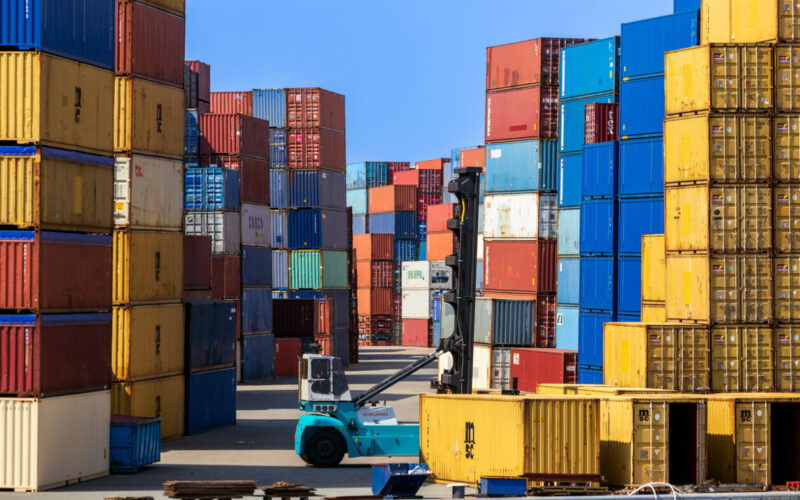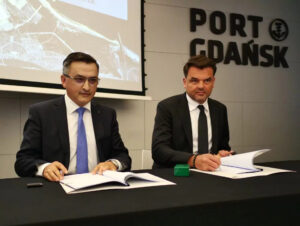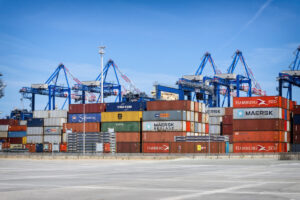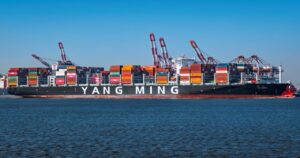Companies that handle import containers from the Far East and Oceania are the next in line to join the Secure Chain at the Port of Rotterdam.
The shipping companies and their representatives have already begun to link these parties.
Beginning on 3 February 2025, containers from both shipping zones will be distributed utilising a new, secure, and dependable technique. The usage of PIN codes, which are vulnerable to fraud, will cease.
The Far East and Oceania are the final two intercontinental shipping destinations where deepsea shipping lines/ship agents are transitioning to the Secure Chain.
On 1 October, enterprises successfully connected with import containers from Africa, the Middle East, India, and Pakistan.
Previously, the same was true for importing cargo from Latin and North America. After 3 February 2025, shipping lines and agencies plan to use the Secure Chain for intra-European and feeder freight.
READ: Port of Rotterdam extends Secure Chain rollout
Since the safe Chain’s inception, over 630,000 import containers have been processed in the Rotterdam port using the modern, safe, and dependable system. Some 1,475 shippers/forwarders and 960 inland operations have reportedly made the transition.
The Secure Chain is being implemented by all major deepsea shipping lines, including CMA CGM, COSCO Shipping, Evergreen, Hapag-Lloyd (via Secure Container Release), Hyundai Merchant Marine (HMM), Maersk, Marfret, Mediterranean Shipping Company (MSC), Ocean Network Express (ONE), Orient Overseas Container Line (OOCL), Yang Ming, and ZIM.
This gives the Port of Rotterdam a uniform technique for securely and reliably releasing and collecting import containers that don’t need a PIN.
READ: Port of Rotterdam handles 500,000th container with Secure Chain
The shipping lines and their ship brokers take the initiative in linking enterprises to the Secure Chain.
They each approach their clients independently, informing them that containers would no longer be released via PIN cards and encouraging them to convert as quickly as feasible.
Companies that do not want to wait for this request might contact their shipping line directly. As a result, they may be confident that their operations will be safe and reliable.








